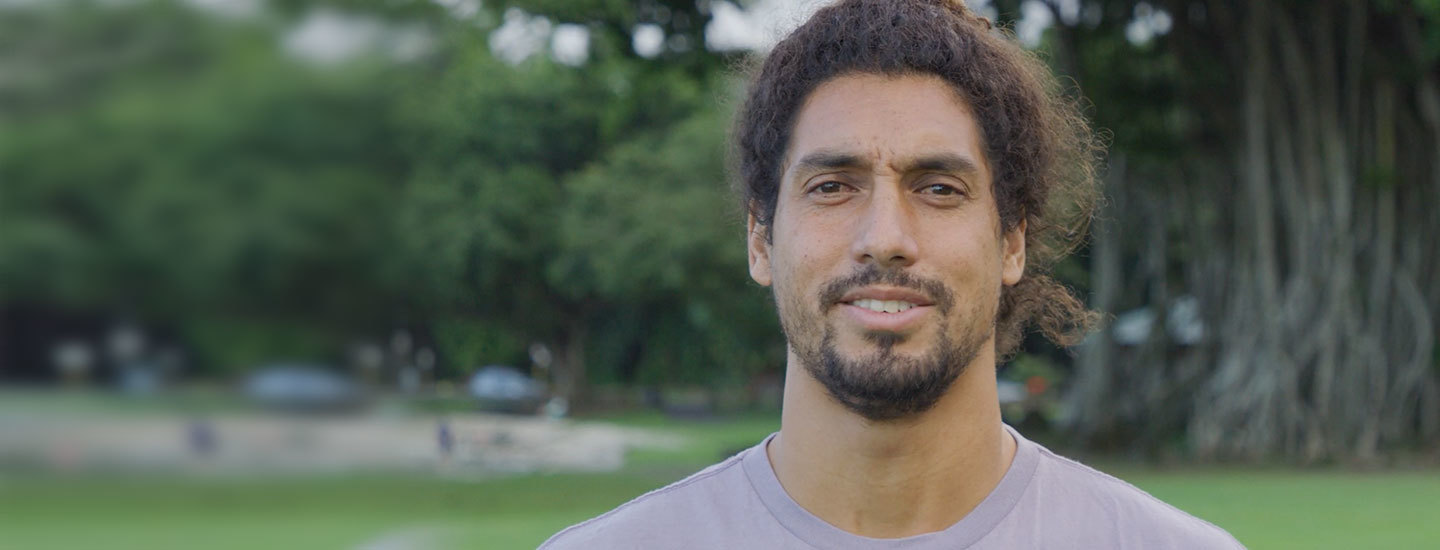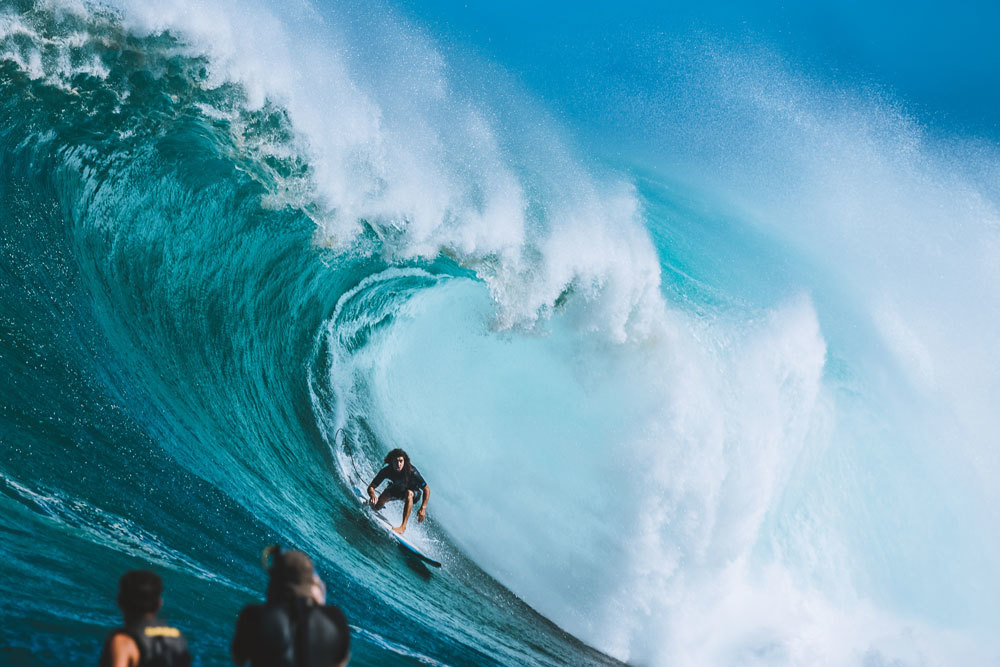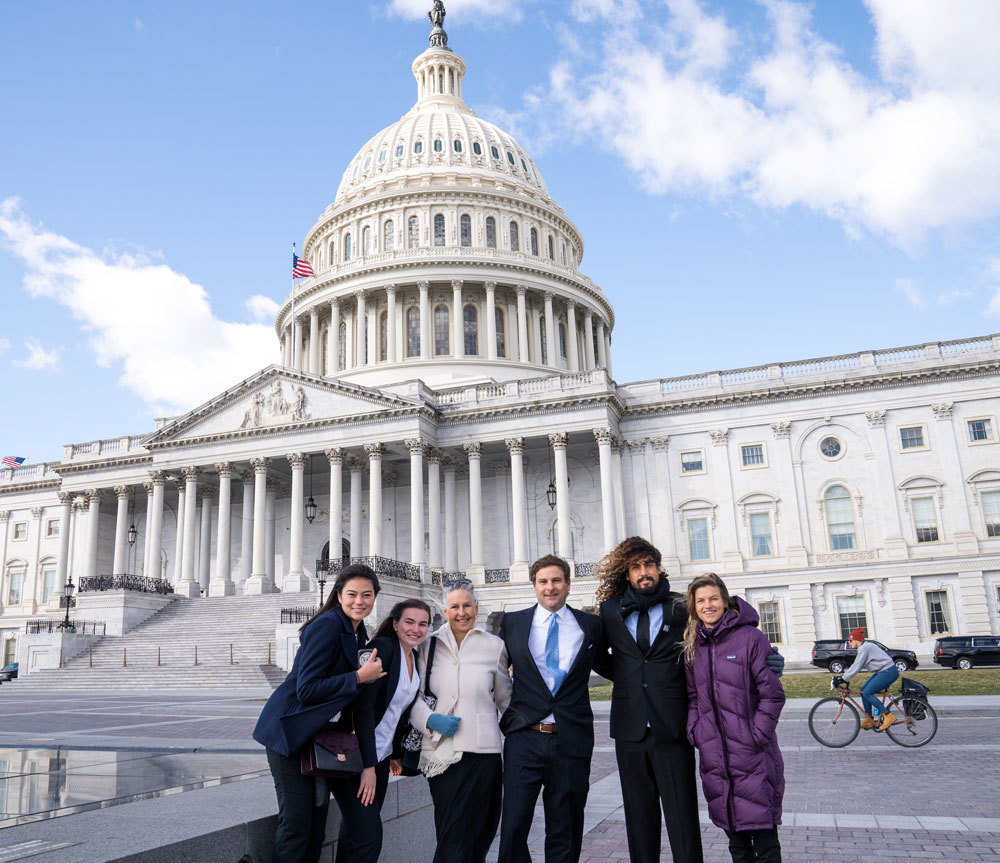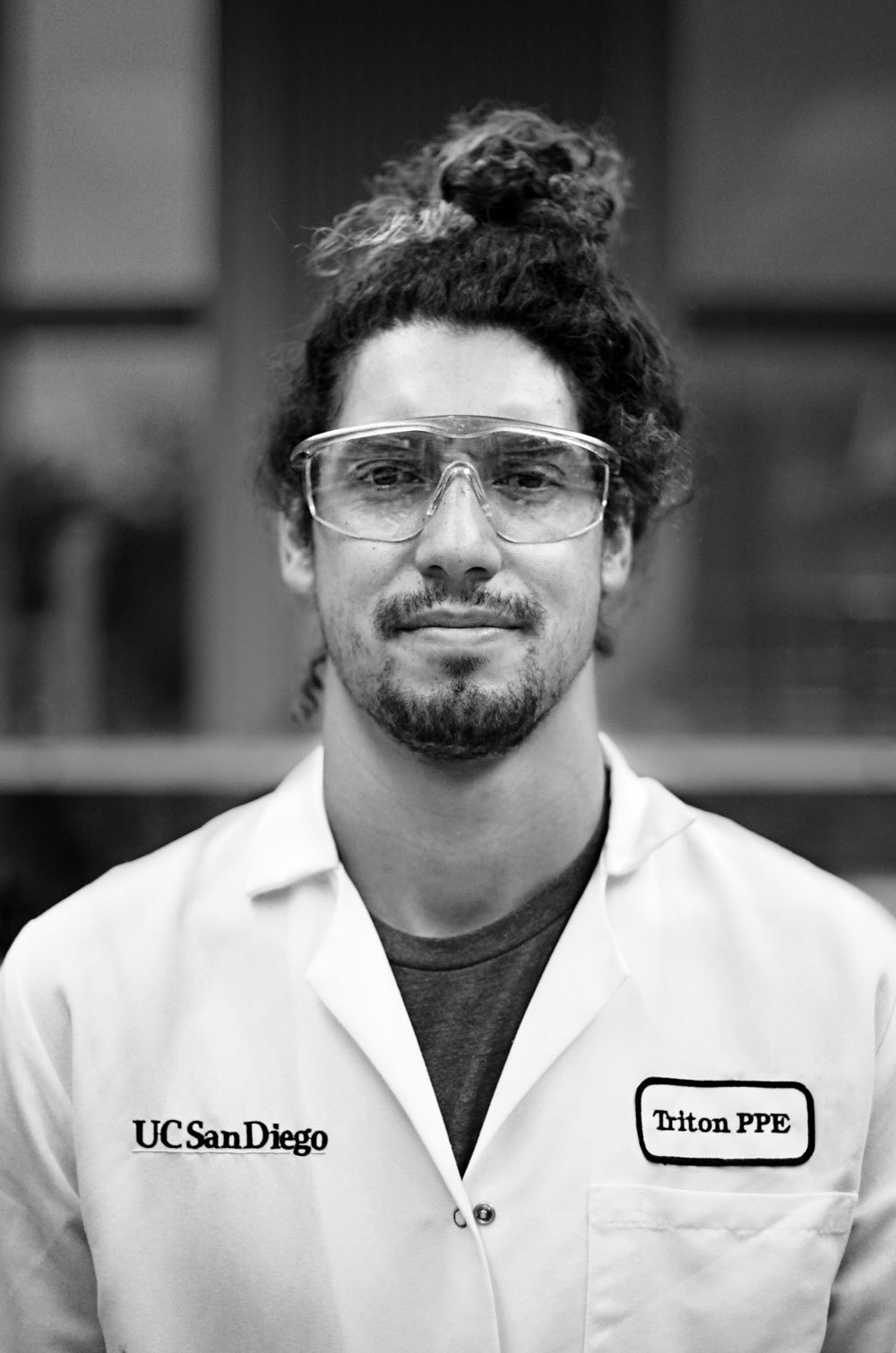
This Asian American/Pacific Islander Heritage Month we are celebrating our activists, friends, colleagues and like-minded organizations from within the Surfrider network. Throughout the month we will recognize those who inspire us and celebrate the achievements they've made to help protect our ocean, waves and beaches, while supporting beach access for all.
Q: Please give us a brief introduction about yourself.
Aloha! My name is Cliff and I am a professional surfer who uses science to promote environmental stewardship. I am born, raised and currently reside in Hawai‘i.
Q: What is your current role with Surfrider?
I am currently an ambassador and board member for the Surfrider Foundation.

Q: Why and when did you get involved with the Surfrider Foundation?
I can’t really recall when I first started getting involved with the Surfrider Foundation, but I’ve always been a fan of clean oceans. I vividly remember being in elementary school when I first saw the commercial that Surfrider put out called “clean cool water.” It was the first time I saw professional surfing alongside environmental messaging. I would say it still holds an impact on me today.
Q: How has your unique experience as someone from the Pacific Islander and Hawaiian community framed your perspective as an activist and as part of the Surfrider network?
Being from an island is probably the biggest privilege I have. I would say many of us are exposed to the realities of resource management and also social solidarity. It seems that the Surfrider network very much values these perspectives and I hope that I can share this with as many people as I can.
Q: Do you have any experiences where the Pacific Islander and environmental movements have intersected?
For as long as I can remember, we have been engaged in social and political movements to protect our islands. Here in Hawai‘i, there was a profound movement in the late 1800s and early 1900s called the Hui Aloha ʻĀina. It was a highly political group of Hawaiian nationalists that set out to reinstate the Hawaiian Kingdom. It is interesting that the translation of this party's name can be loosely described as “love for our land.” Environment was always a part of our history even in the political space.
Q: What are some local issues that are affecting your ocean, waves and beaches?
Ocean accessibility is a big issue here in Hawai‘i. I humbly believe that providing safe public spaces for our community is one of the best ways to protect it. Here in Hawai‘i, land ownership is one of the biggest issues we have that is affecting our coastlines. Through mismanagement and private land ownership, few interests have taken precedence over a larger community goal. Issues involving sea wall construction, waste water pollution and agricultural runoff, cannot be rectified unless we talk about coastal land privatization.
Q: What Surfrider projects or committees have you worked on?
As an ambassador for Vissla, I have been on a few product projects with Surfrider over the years. As a new board member, I am actively looking to work on Surfrider being more inclusive and relatable to border audiences.
Q: What has been the highlight of your Surfrider experience (i.e., campaign, program, event, victory)?
I think the Coastal Recreation Hill Day changed my life in profound ways. It helped me to feel comfortable in the uncomfortable political space and empower me to participate in community decisions.

Q: What's been your experience being a surfer and/or ocean enthusiast as someone from the Pacific Islander and indigenous Hawaiian community?
As a kanaka maoli person, I very much identify as being someone of the ocean. It is beyond gender, race, religion or political views. It means so much to so many people here. It also brings a sense of accountability and responsibility. I also feel that even though there is a strong global perception of what Native Hawaiians were, there still remains the misinterpretation of who we are today, especially in the surf industry. I believe that this also permeates into the environmental sector. I hope that my work with Surfrider can help push past some of those discrepancies.
Q: What is the most important thing you tell others about Surfrider?
Surfrider is about life on our planet and it is a great place to join in the conversation. As a society, we donʻt always agree with each other's opinions, but Surfrider should be seen as a safe place where we can come together and do meaningful work.
Q: Why is it important to you to sit on the Board of Directors for Surfrider?
Sometimes important things come into our lives whether we feel prepared for it or not. Surfrider is the first and only board that I sit on and I would say that it is a very intimidating role to have. The board is composed of so many incredible humans that sometimes I question if my perspective is even warranted. But after seeing how the Surfrider Foundation operates from the inside, I canʻt think of a better organization to be a part of. It really is inspiring to see how many people care about our ocean from the board all the way up to the volunteers.
Q: Anything else you'd like to share with our network about your journey?
I think Surfriderʻs biggest work lies ahead of us. Itʻs going to be an uphill battle, but one that is full of purpose. Iʻm honored to be a part of the journey.

